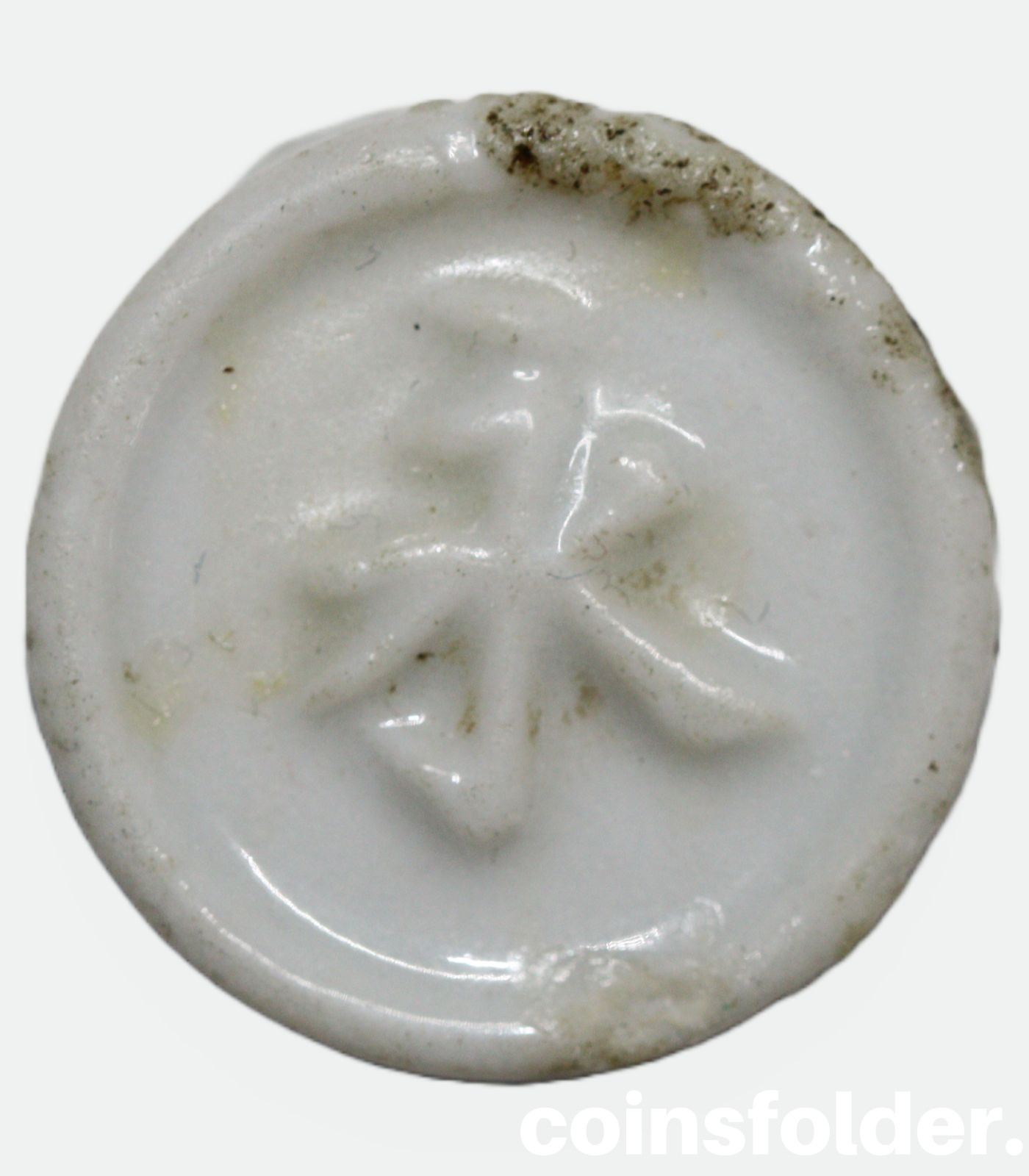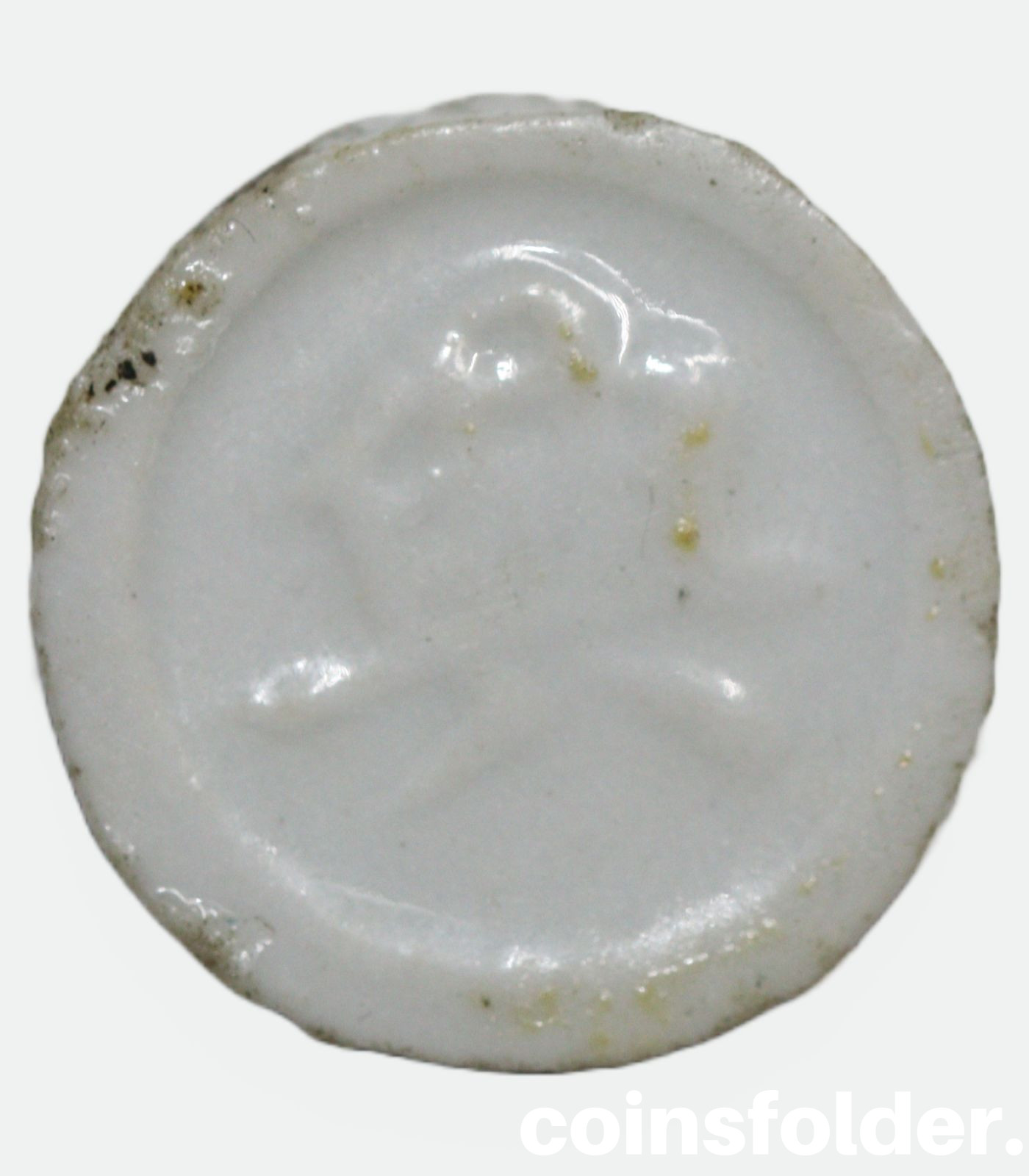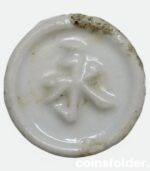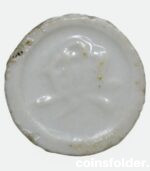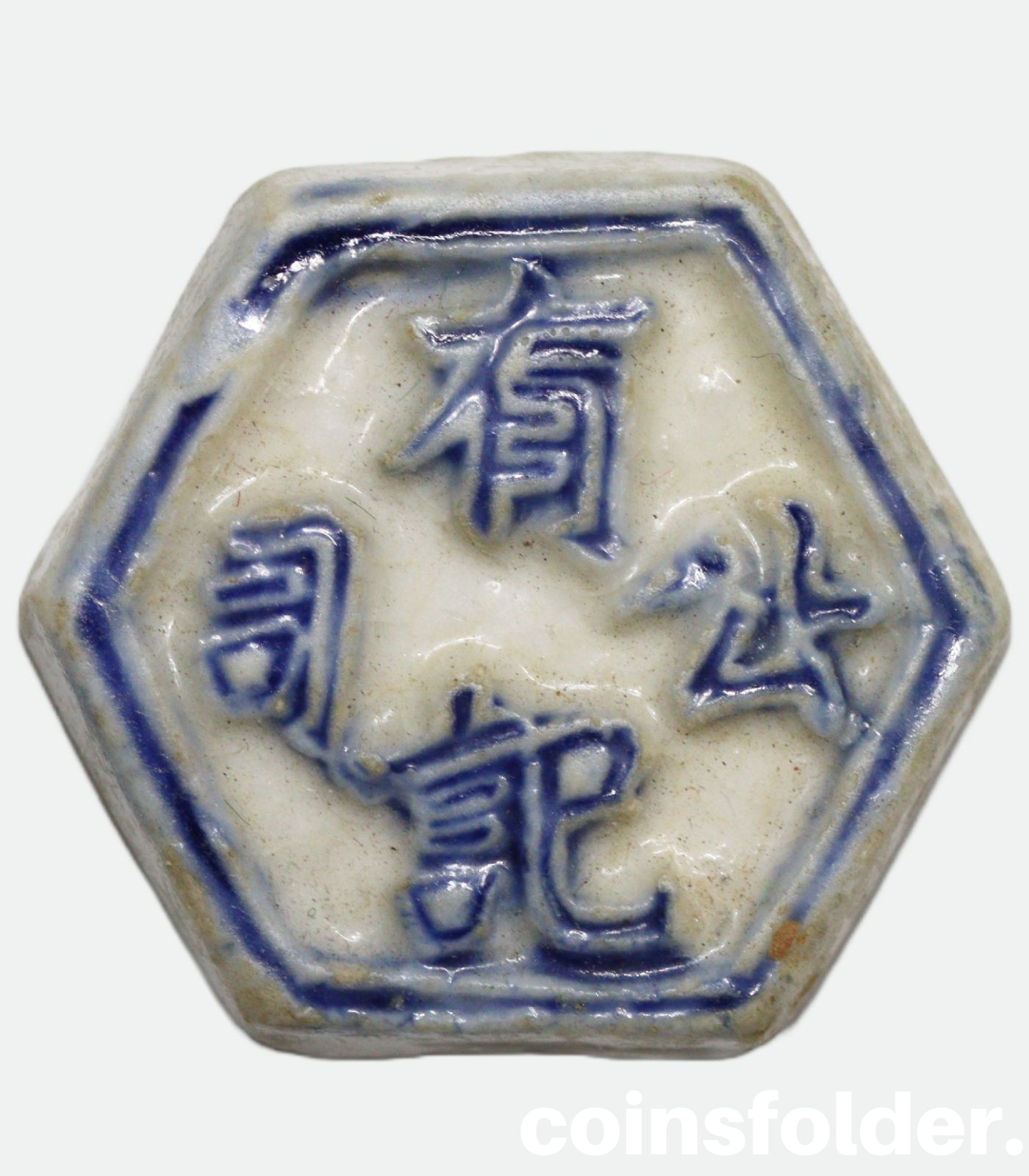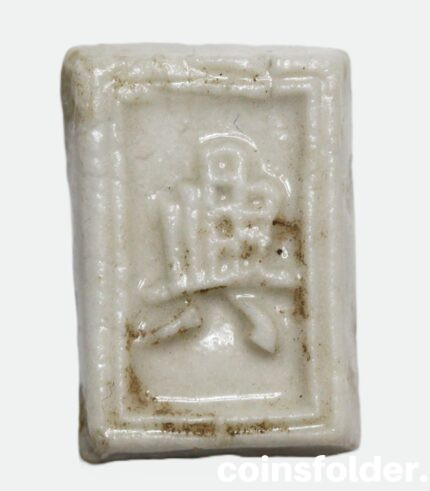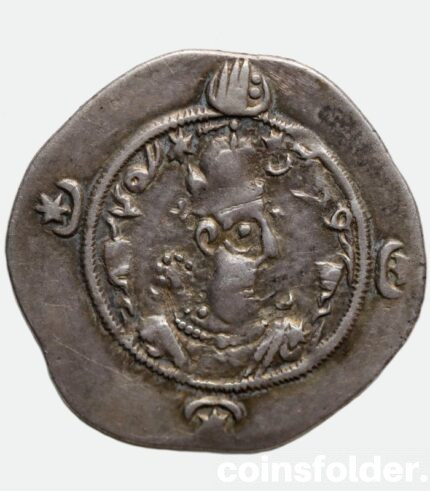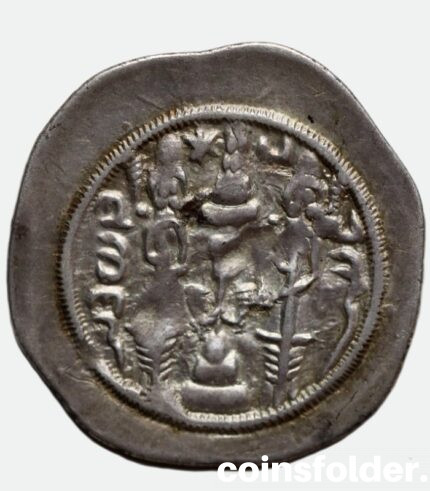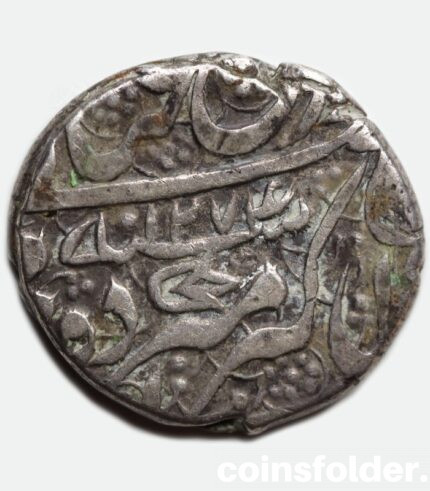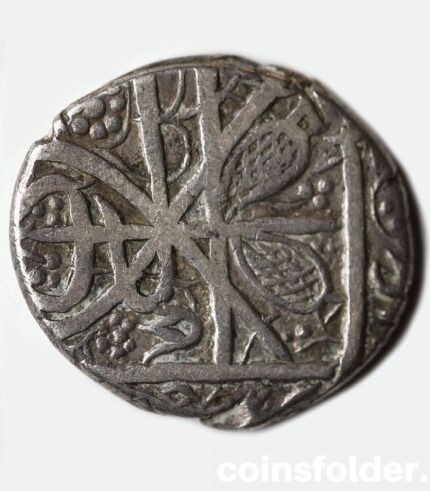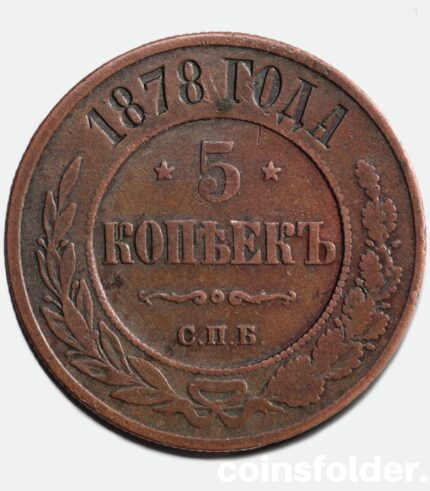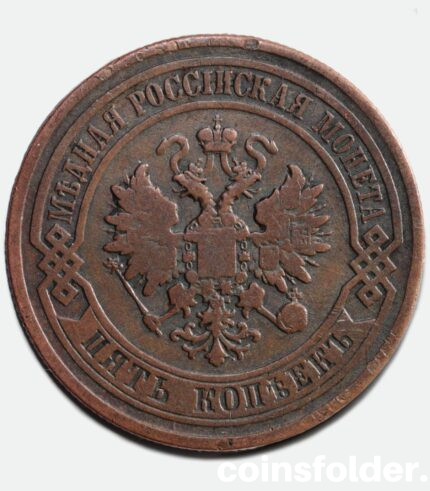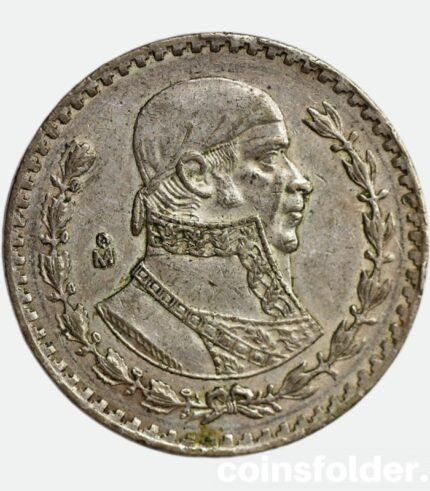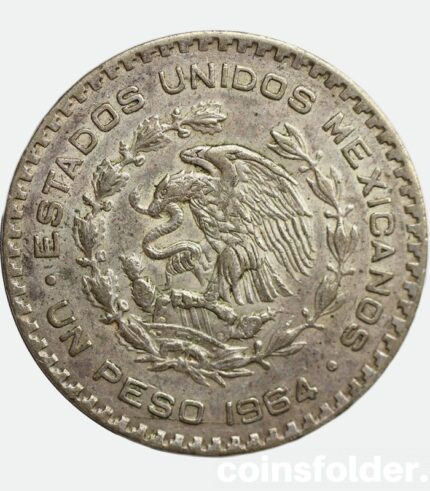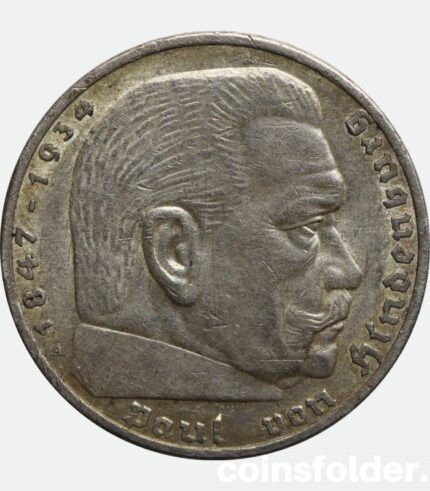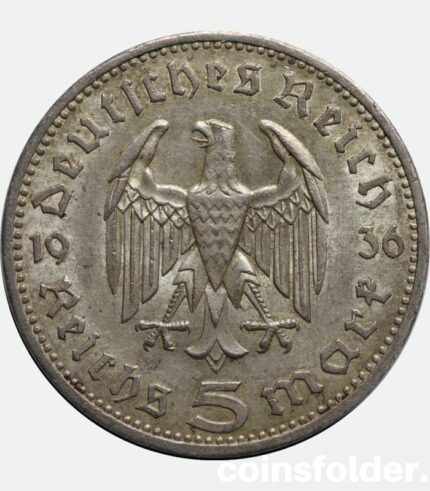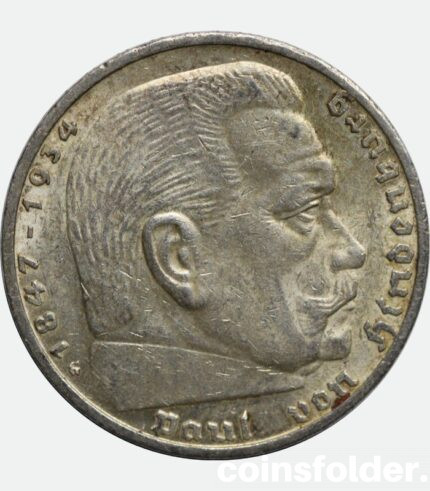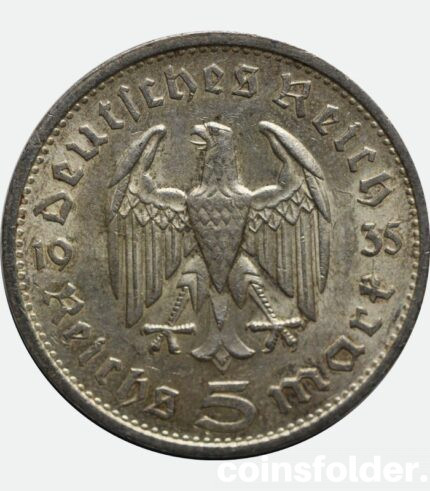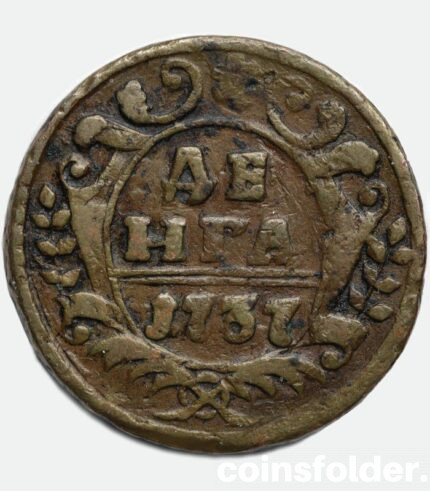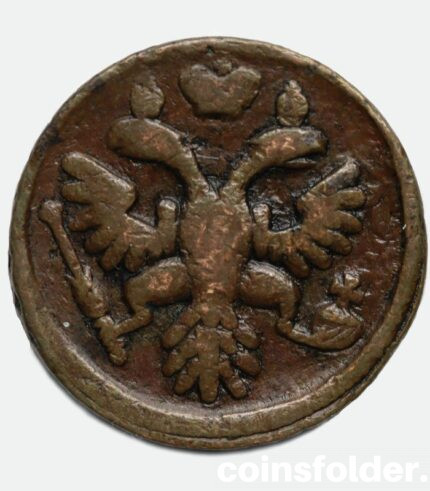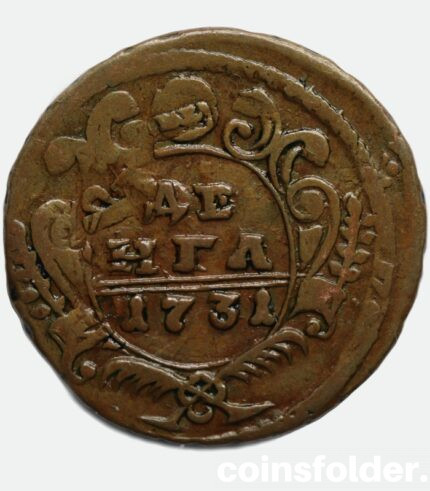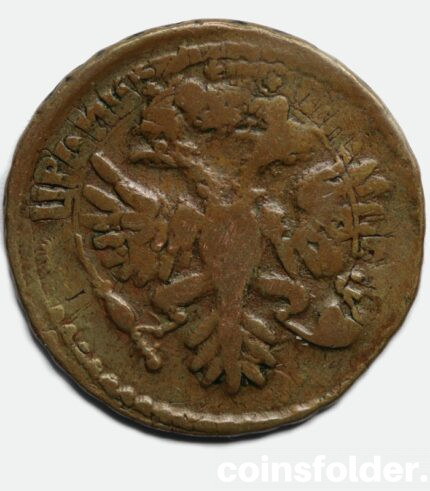Porcelain tokens were first used in old Siam as counters for a game called Fantan. The game was one of many played in the Chinese-run gambling houses called hongs. Over time they came to be used as currency within the hong owners’ districts and were known as pees. The pees were easier to use than the silver bars that served as legal tender in Siam at the time. Eventually the King of Siam introduced coins to the country and the use of the tokens as currency was outlawed. The tokens did not disappear quickly, however. They were used as currency (underground) into the 20th century. It is believed that thousands of designs were created.
There was often a shortage of small change in Siam. Porcelain gaming tokens, issued by Chinese owned gambling houses were widely used as money in Siam during the 18th and 19th century. They come in a wide variety of sizes, shapes and colors. After a period of time the gambling houses would recall the tokens and they would be declared valueless, resulting in a substantial profit to the issuer.
1760–1875 Siam/Thailand Porcelain Gambling Token, Pee
24,99 €
| Metal: | Porcelain; |
| Weight: | 5,5 g; |
| Diameter: | 21 mm; |
| Thickness: | 3 mm; |
| Mint: | -; |
| References: | -. |
1 in stock
1
People watching this product now!
SKU:
UMTH2
Categories: China coins, Numismatics, Tokens
Description
Additional information
| Weight | 0,04 kg |
|---|
Related products
DON'T MISS A THING

 Art
Art Asian
Asian Banknotes
Banknotes Numismatics
Numismatics Porcelain
Porcelain Buttons
Buttons Jewelry
Jewelry Silverware
Silverware Ceramics
Ceramics Militaria
Militaria Books
Books Glassware
Glassware Leatherware
Leatherware Philately
Philately Other antique
Other antique Gifts
Gifts Accessories and tools
Accessories and tools